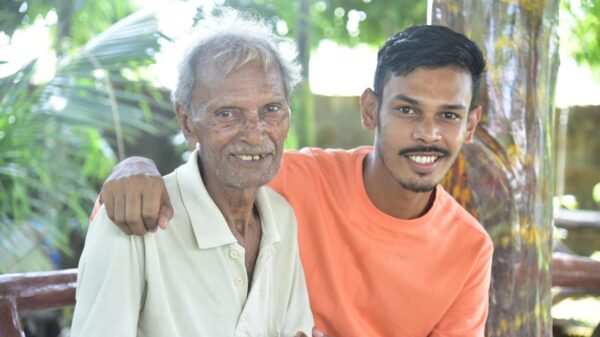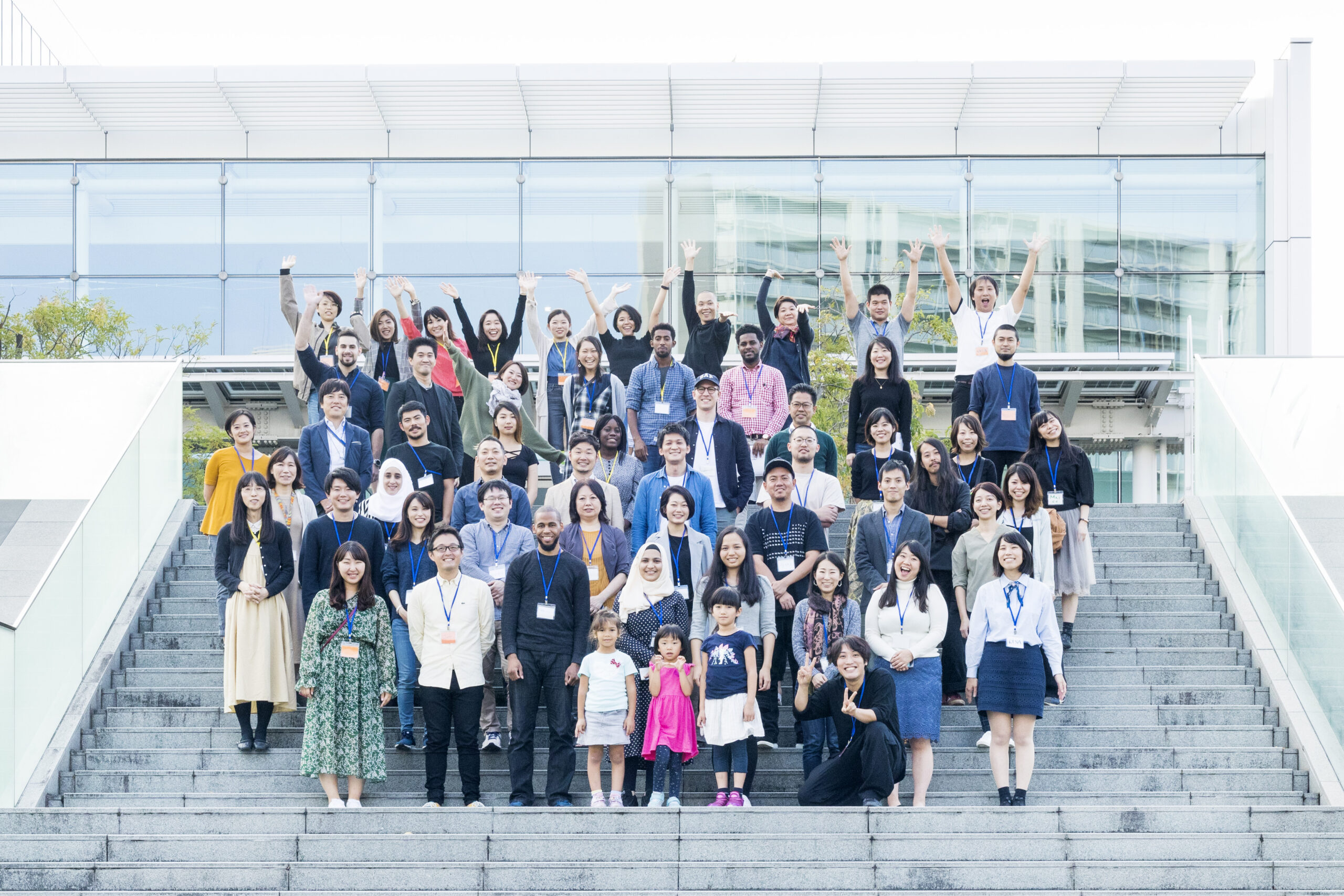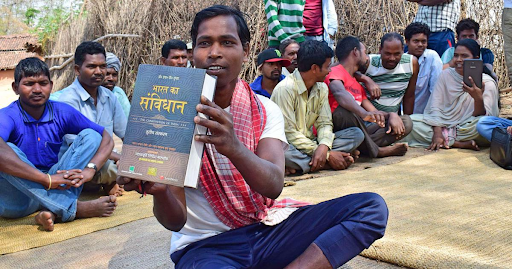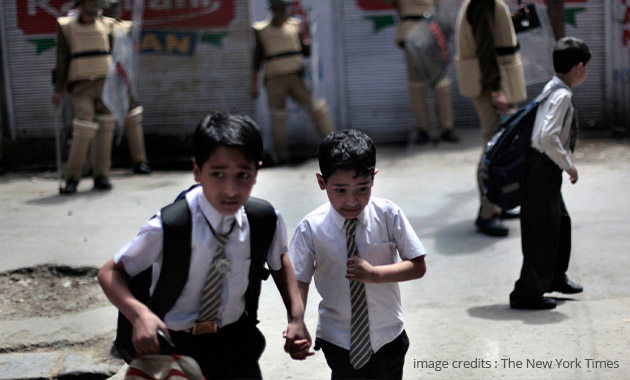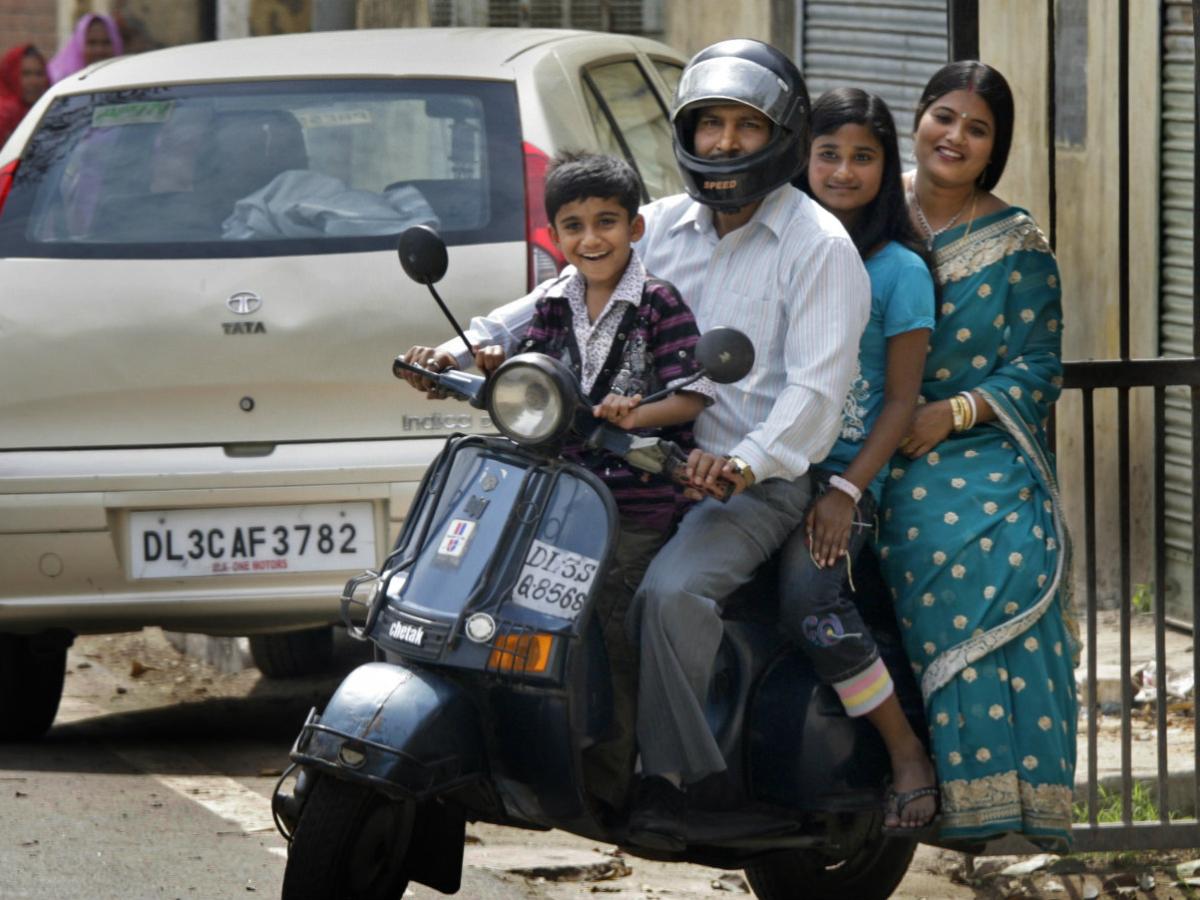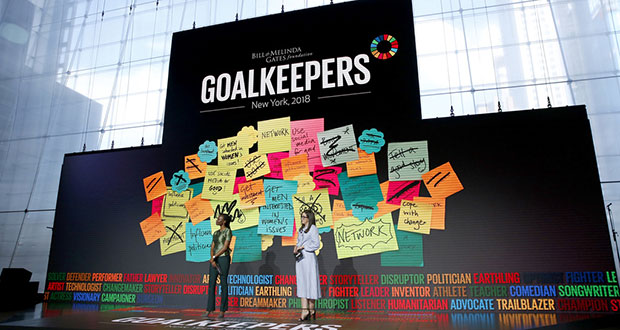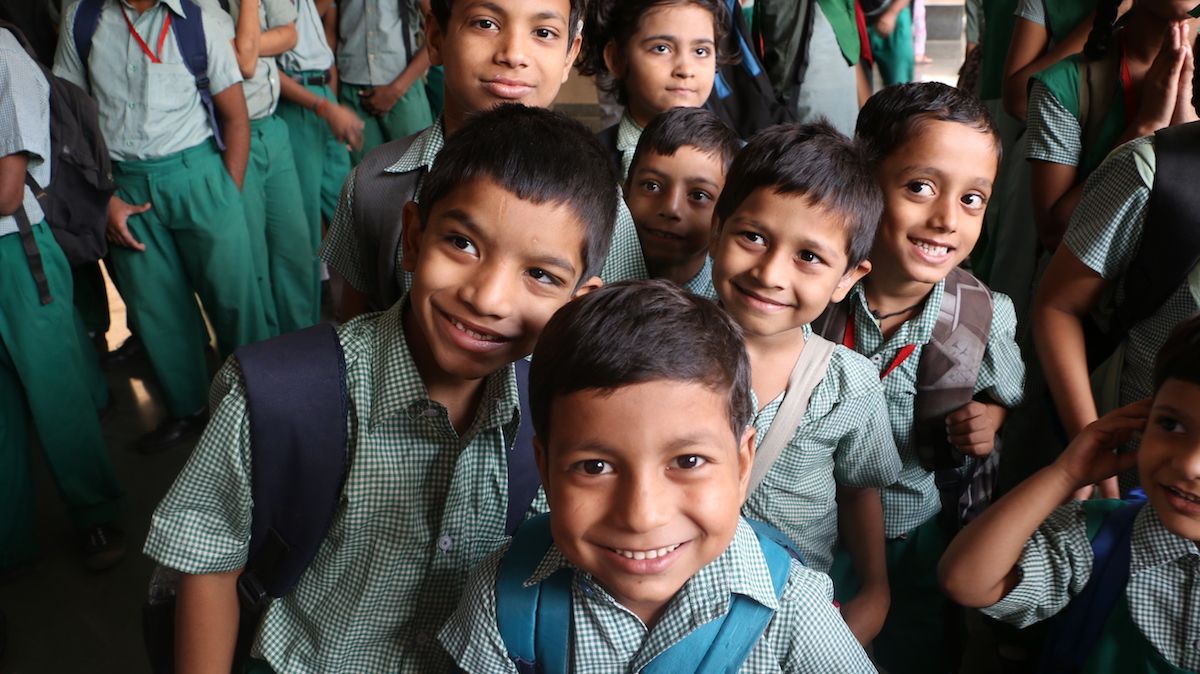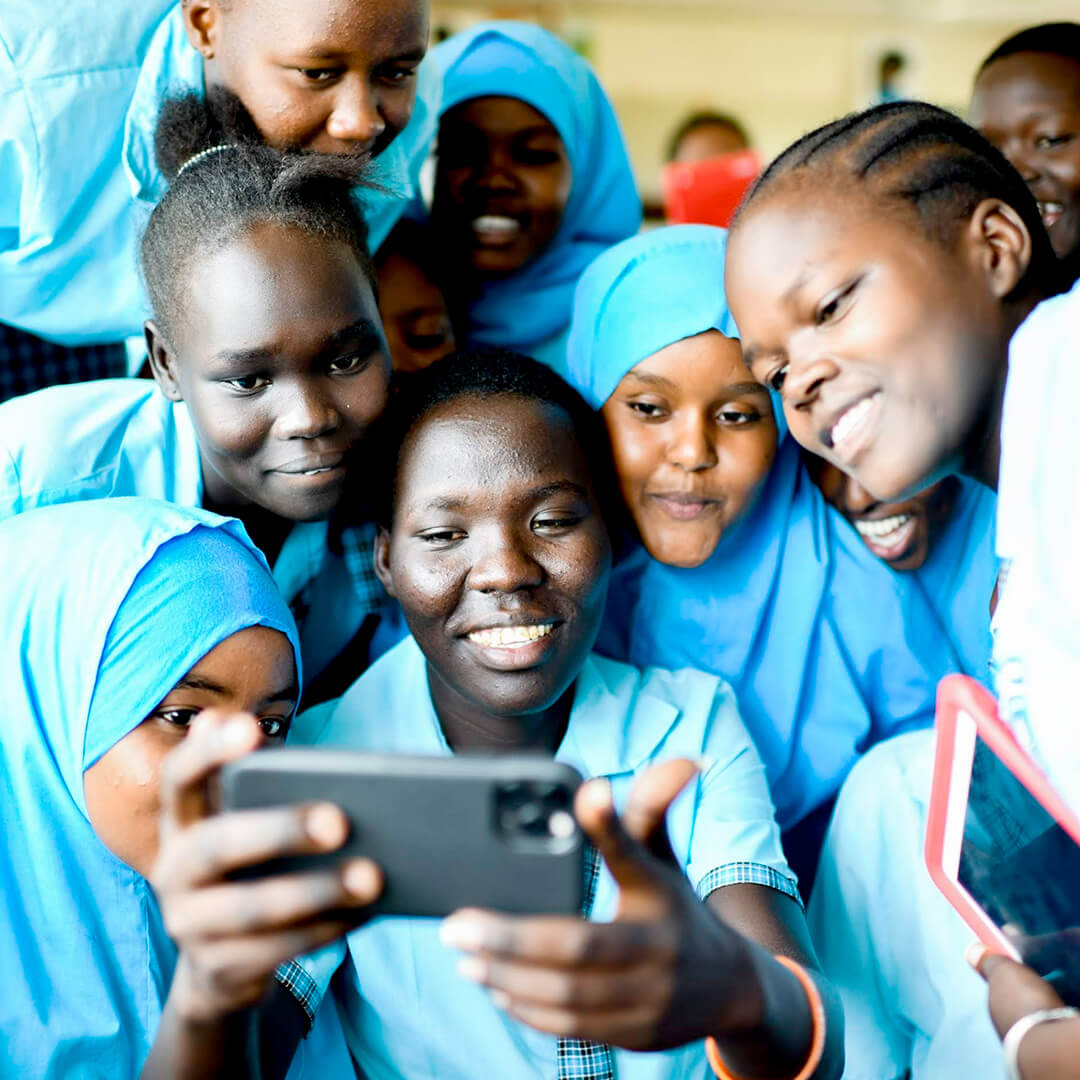Human rights and HIV are inseparably linked to each other. Both at national and global levels HIV continues to spread, resulting in the increase to the challenges of human rights. Because of this virus, people are facing a lot of discrimination; those living on the edge of society or those who are assumed to be at peril of infection due to race, ethnicity, sexual orientation, gender, or social characteristics that are denounced in a particular society. Consequently, this discrimination has also affected the equitable distribution of access to HIV-related goods for prevention and care, including drugs, vaccines etc.
The number of people living with HIV continues to grow in different nations with contrasting economies, social structures, and legal systems. Human rights issues related with HIV are not only becoming visible, but also divergent.
International Human Rights and Treaties, and International obligations such as the Universal Declaration of Human Rights and the 2030 Agenda for Sustainable Development provides that every person has the right to health and to access HIV, and other healthcare services along with the right to equal treatment before the law and a right to dignity.
Following are some human rights violations faced by HIV patients:
- HIV criminalisation:
HIV criminalisation means that the people suffering from HIV are criminalised through different laws based on their status. This can happen by means of HIV-specific laws or general criminal laws which bring action against: unintentional HIV transmission, potential or perceived exposure to HIV where HIV was not transmitted, non-disclosure of known HIV-positive status. No evidence has shown that by applying criminal law to HIV the spread can be reduced; instead such approaches generate fear among the patients.
Criminalising people for having HIV, results in the violation of human rights which erodes public health efforts to control this epidemic. Since 2018, many countries took an action against HIV non-disclosure, exposure or transmission, 20 countries imposed travel bans against people suffering from HIV and some demanded compulsory HIV testing for the people when they apply for marriage, work or residence permits. The logic behind these laws is to discourage morally unacceptable conduct by the fear of punishment. However, evidence has shown how HIV criminalisation is a poor public health strategy, resulting in the erosion to the response of HIV.
- Stigma and discrimination:
The HIV related human rights abuses are yet to be addressed in many countries, which have given rise to stigma and discrimination. Consequently, both remain prevalent and are the primary source of HIV, creating obstacles for effective public action.
UNAIDS (The Joint United Nations Programme on AIDS) defines stigma as the process of deflating an individual based on certain attributes deemed discrediting or unworthy by others. On contrary to this, discrimination occurs when stigma is acted on, and includes the actions or behaviours directed against stigmatized individuals.
Moreover, discrimination widens the vulnerability to infection(AIDS) , mostly among legally and socially depreciated sects such as, sex workers, people indulging with drugs, men having sex with other men etc. Also, discrimination relates with the HIV status for example, people with HIV positive report may be deprived from many facilities such as right to health care, employment, education etc which can result in poverty, poor health and other alienations.
- Gender inequality
Gender-based violence, mainly rape and early marriage restrain women and girls from access to HIV protection. It has been established in the laws of different countries. As a result of this, many girls and women suffer from unequal access to their rights in many aspects and lack the freedom to make their own choices. For example, in 29 countries women need the permission of their partner to take sexual and reproductive health services and in many countries, marital rape is not considered as a crime.
Moreover, it includes gender-based and intimate partner violence, increasing women and girl’s physiological vulnerability to HIV and blockage of HIV services.
HIV criminalization can also worsen gender inequalities. For example, in many countries women may be punished for disclosing that they are suffering from HIV or the transmission of HIV to their baby. Meanwhile, due to not being able to access HIV treatment or protect themselves from HIV, they could have stopped this transmission.
- Migration policies
Almost 214 million international migrants and 740 internal migrants are residing worldwide. It is said that migrants are likely to be more prone to HIV. There are different immigration laws and policies which discriminate migrants on the basis of their HIV status. Consequently, it is provided under the International law that no one should be allowed to restrict an asylum-seeker entry nor is it possible to stop the movement of a person based on his HIV status. In spite of this, many countries have made HIV testing mandatory before seeking an asylum and deny the entry for the same.
Noncitizens are also kept outside the domain of national health care systems, because of which they are not able to access medical care and HIV treatment. This results in the violation of their human rights and also diminishing the efforts to prevent and address HIV.
- HIV testing without any protection of voluntariness, confidentiality and consent
HIV testing includes a wide range of ethical and human rights issues, which includes right to health, education, information, liberty and equality before law etc.
According to International Human Rights Law, HIV patients have full right to information and education including right to HIV testing and treatment. Consequently, they have the right to physical privacy, safeguarding their consent for medical treatment and testing.
Government Response
With the application of International law to HIV, the government is responsible for their actions towards people. As the violations continue to grow, it becomes important for the government to consider the human rights responsibilities. The violations of rights need to be addressed directly. Further, the government is having responsibilities at 3 levels:
- They must respect the right
- They must protect the right
- They must fulfil the right
However, in many countries it is not possible for the government to fulfil the rights immediately and fully because of the resource unavailability and other constraints.
People having HIV, their friends, relatives, communities, health professionals and the public at large now understand the relationship between HIV and human rights.

